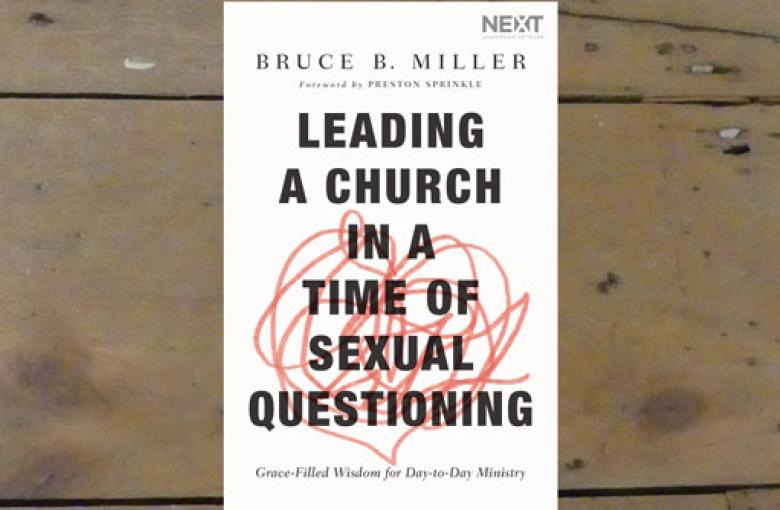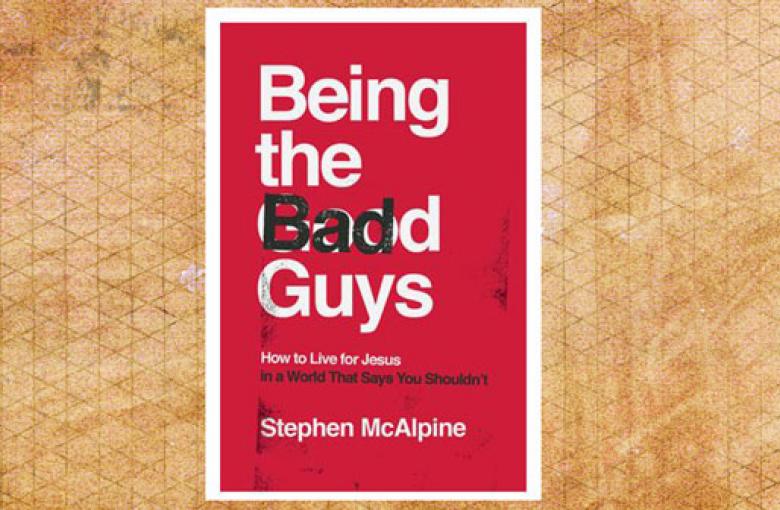In this book, subtitled "Conversations between an Evangelical Theologian & His Gay Son", pastor Brad Harper and his son Drew converse in short letters to each other about their differences of opinion regarding same-sex attraction. Whilst Brad holds to a traditional Christian sexual ethic, Drew has left his biblical faith and embraced an LGBTQ lifestyle.
If you’re like me, when "Is God Anti-Gay?" by Sam Allberry was first published in 2013, you found it a helpful and informative read. I was surprised when an updated version was recently released. But what are the differences in the two editions?
I grew up in a non-Christian family. No one, even in my extended family, went to church except for the standard weddings, christenings and funerals. I attended a boarding school which was nominally Christian. We had Chapel 5 times a week and I sang in the choir at churches and cathedrals around the country. I went to church a lot, so I knew about God, but I didn’t know Him. My school ran an evening club, where we could hang out after curfew.
When I originally planned an edition of Ascend on the theme of outreach, I sounded out a few TFT members who live around Brighton based on the thought, “I’m sure Christians living in Brighton have got some good tips on how to reach out to LGBT people”. What I discovered was how disheartened they were about the prospect of outreach in an area that has an established history of hostility to Bible-believing Christianity.
On the back cover of “Leading a Church in a Time of Sexual Questioning”, the claim is that this book offers “…biblical guidance for ministering God’s love in a sexually diverse culture.” The words “God’s love” are circled in red, emphasising that central theme.Compassion drives this book. Miller shows great care and concern, and urges his readers to exhibit those same qualities, for the queer teenagers who are being raised in a Christian home, the gay man who has walked away from his Christian faith and the lesbian couple who have never even been in a church.
In many ways, the message of this book is perfectly summed up in the subtitle, “How to live for Jesus in a world that says you shouldn’t”. Yet, significantly, Stephen McAlpine has as much to say about “why” we should live for Jesus in this broken world, as “how”. The fundamental point of the book is that we, God’s people, the church, used to be the good guys. Then we became just one of the guys. Now, pretty much everyone outside ourselves views us as the bad guys.
Some revisionist theologians’ arguments have sticking power because they resonate with our cultural norms. Put another way, they are persuasive because they draw on modern Western values and assumptions. This brief article considers four “sticky” arguments and how to respond well from a biblical perspective.
Jesus' heart is for the marginalised in our society









